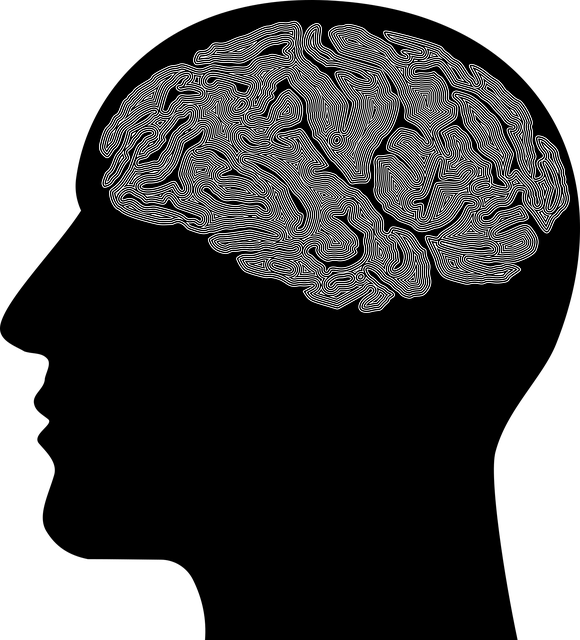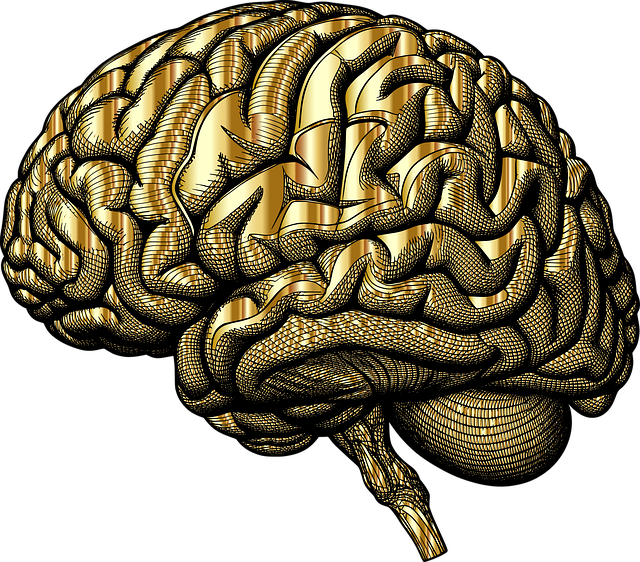The stigma surrounding mental health issues, exacerbated by discrimination and societal exclusion, prevents individuals from seeking help at centers like Englewood Alcohol Abuse Therapy. This negatively impacts well-being, leading to shame and isolation. Efforts to reduce stigma focus on raising awareness, promoting understanding, and fostering empathy through programs like Mental Wellness Coaching and Burnout Prevention. Specialized centers play a key role with education, outreach, and tailored treatment plans that challenge societal perceptions and promote empathy. Community workshops, social media campaigns, and support groups also contribute to a more supportive society for mental well-being. Englewood Alcohol Abuse Therapy's integrated therapy and support groups significantly advance stigma reduction efforts, enhancing mental health outcomes.
Mental illness stigma remains a significant barrier to seeking treatment, with profound effects on individuals’ well-being. This article delves into understanding the pervasive impact of stigma and its ability to exacerbate mental health challenges. We explore comprehensive strategies for reducing stigma, emphasizing community education, media representation, and policy changes. Specifically, we highlight the efficacy of therapy and support groups in fostering empathy and breaking down barriers, as exemplified by Englewood Alcohol Abuse Therapy’s successful interventions.
- Understanding Stigma and its Impact on Mental Health
- Strategies for Reducing Stigma: A Comprehensive Approach
- The Role of Therapy and Support Groups in Breaking Down Barriers
Understanding Stigma and its Impact on Mental Health

Stigma surrounding mental health issues is a significant barrier to individuals seeking help and support. It often manifests as negative attitudes, stereotypes, or beliefs about people with mental illnesses, leading to discrimination and social exclusion. This perception can have profound effects on an individual’s well-being, encouraging feelings of shame, isolation, and even deterring them from pursuing treatment options like Englewood Alcohol Abuse Therapy.
The impact of stigma is pervasive, affecting not only those directly diagnosed but also their families and communities. It can contribute to the development or exacerbation of mental health conditions, particularly in vulnerable populations. Efforts aimed at stigma reduction focus on raising awareness, promoting understanding, and fostering empathy through various initiatives such as Mental Wellness Coaching Programs Development and Burnout Prevention strategies. By challenging these misconceptions, we can create a more supportive environment, encouraging early intervention and better outcomes for those struggling with their mental wellness.
Strategies for Reducing Stigma: A Comprehensive Approach

Reducing stigma surrounding mental illness is a multifaceted endeavor that requires a comprehensive approach involving various stakeholders. One key strategy is Englewood Alcohol Abuse Therapy and other specialized treatment centers playing an active role in education and outreach programs. These initiatives can dispel myths, provide accurate information about mental health conditions, and foster empathy among the general public.
Additionally, empowering individuals with tools like Mental Wellness Journaling Exercises offers a personal avenue for self-reflection and awareness. This, coupled with Healthcare Provider Cultural Competency Training, ensures that medical professionals are equipped to offer sensitive and effective care. Enhancing mental health literacy through community workshops, social media campaigns, and educational resources contributes significantly to a more supportive and understanding society, ultimately reducing the barriers faced by those seeking help for their mental well-being.
The Role of Therapy and Support Groups in Breaking Down Barriers

Englewood Alcohol Abuse Therapy plays a pivotal role in breaking down barriers associated with mental illness stigma. Through individualized treatment plans, therapists help individuals develop self-awareness exercises that challenge stigmatizing beliefs and promote understanding of their conditions. This process fosters empathy and reduces fear, allowing people to openly discuss their struggles without the weight of societal judgment.
Support groups complement therapy by providing safe spaces for sharing experiences and learning communication strategies that build bridges between individuals with mental health challenges and their communities. These groups offer a sense of belonging and validate diverse perspectives, thereby encouraging open dialogue and dispelling myths surrounding mental illness. By integrating therapy and support groups, Englewood Alcohol Abuse Therapy contributes significantly to stigma reduction efforts, paving the way for greater acceptance and improved mental well-being.
Mental illness stigma, a pervasive barrier to seeking help, can be effectively challenged through comprehensive strategies that include education, therapy, and support groups. As Englewood Alcohol Abuse Therapy highlights, integrating these approaches fosters understanding, empathy, and recovery. By continuing to advocate for open conversations and access to quality care, we can create a more inclusive society where individuals with mental health challenges are supported rather than stigmatized.












